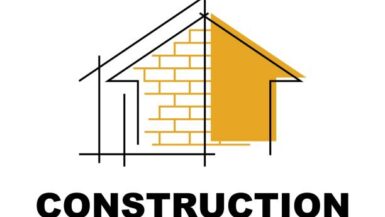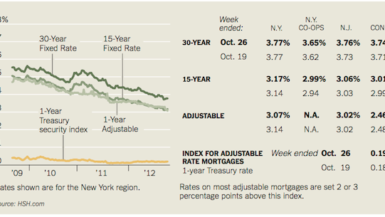Introduction
In our journey through life, we encounter various situations that require our input, opinions, and actions. One vital approach that helps us navigate these situations with finesse is constructive behavior. In this article, we will delve into the meaning of “constructively” and explore its significance in different aspects of life. We will uncover the power of constructive communication, the impact of constructive thinking, and the value of embracing constructive change for personal growth and development.
Understanding the Term “Constructively”
Before we proceed, let’s establish a clear understanding of what it means to act constructively. The term “constructively” refers to an approach or behavior that aims to build, improve, or enhance a situation, relationship, or individual. It involves providing feedback, solutions, or actions that are positive, helpful, and empowering.
Constructive Criticism: The Power of Positive Feedback
Constructive criticism is an essential aspect of personal and professional growth. Instead of tearing someone down, providing constructive criticism involves offering feedback in a way that highlights areas for improvement while recognizing strengths. This approach encourages individuals to develop and refine their skills.
The Role of Constructive Communication in Personal Relationships
Effective communication is the foundation of any successful relationship. When communication is constructive, it fosters understanding, empathy, and trust between individuals. We will explore how adopting a constructive communication style can strengthen personal bonds and resolve conflicts amicably.
Constructive Thinking: Shaping a Positive Mindset
The way we think significantly influences our emotions, actions, and overall well-being. Adopting a constructive thinking pattern involves focusing on solutions, possibilities, and personal strengths rather than dwelling on problems. We will discuss the benefits of cultivating a constructive mindset and strategies to develop it.
Constructive Problem-Solving: Finding Solutions That Work
Life is full of challenges, and how we approach problem-solving matters. Constructive problem-solving entails seeking solutions that are practical, sustainable, and beneficial to all parties involved. We will explore effective problem-solving techniques and how they lead to better outcomes.
Constructive Feedback in the Workplace: Enhancing Productivity
In a professional setting, constructive feedback is a valuable tool for employee development and increased productivity. When delivered thoughtfully, feedback can motivate individuals to excel in their roles and contribute to a positive work environment.
Building a Constructive Work Environment
A constructive work environment goes beyond feedback. It encompasses fostering collaboration, open communication, and a culture that supports innovation and growth. We will discuss the key elements that contribute to creating a constructive workplace.
The Impact of Constructive Parenting on Children’s Development
Parents play a crucial role in shaping their children’s future. Applying constructive parenting techniques can positively influence a child’s emotional intelligence, resilience, and overall development. We will explore the long-term effects of constructive parenting on children.
Constructive Education: Fostering Lifelong Learning
Education is not limited to schools; it is a lifelong journey. Constructive education focuses on nurturing curiosity, critical thinking, and a passion for learning. We will discuss the significance of lifelong learning and how it contributes to personal and professional growth.
The Ethics of Constructive Actions
As we act constructively, ethical considerations come into play. It is essential to understand the ethical implications of our actions and decisions. We will delve into the intersection of constructive behavior and ethical decision-making.
The Power of Constructive Self-Reflection
Self-reflection allows us to gain insights into our actions and behaviors. Embracing a constructive approach to self-reflection enables us to acknowledge our strengths, identify areas for improvement, and work towards personal growth.
Overcoming Challenges through Constructive Resilience
Life can be unpredictable, and challenges are inevitable. Constructive resilience involves bouncing back from setbacks with a positive attitude and a determination to learn from experiences. We will explore how resilience contributes to personal development.
Embracing Constructive Change for Growth
Change is constant, and embracing it constructively opens doors to new opportunities. We will discuss how embracing change with a constructive mindset can lead to personal growth and success.
Conclusion
In conclusion, the concept of “constructively” encompasses various aspects of life. From communication and problem-solving to parenting and personal growth, adopting a constructive approach can lead to positive outcomes. By focusing on building, improving, and empowering, we can create meaningful connections, overcome challenges, and achieve personal and professional success.




Leave a reply